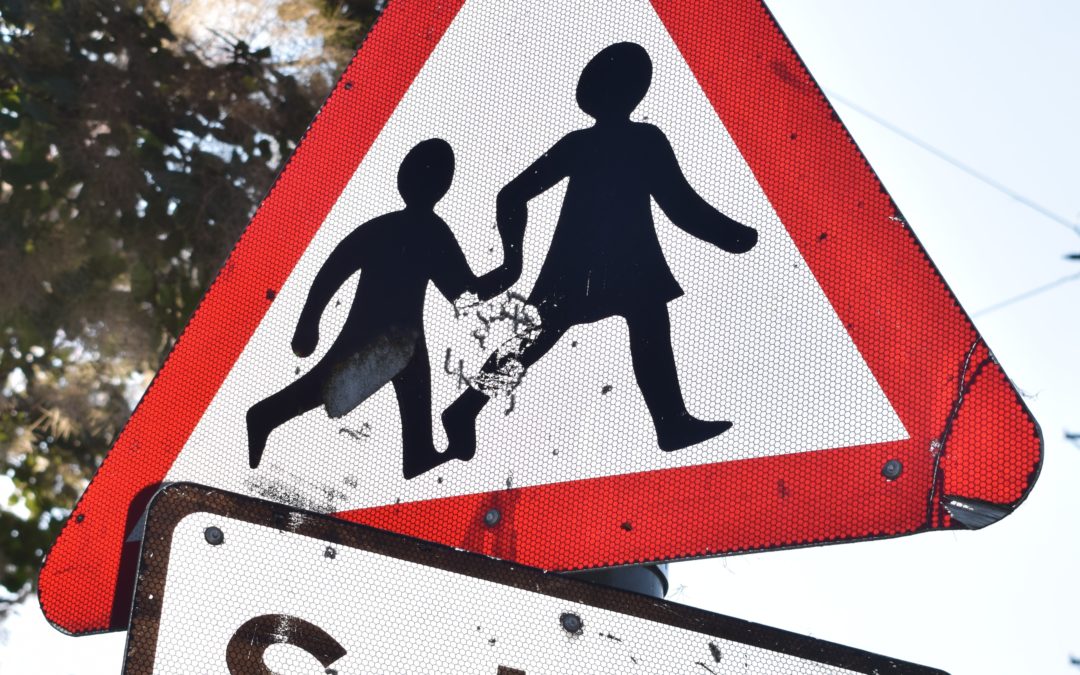Exclusion – what does it mean?
Expulsion and exclusion are pretty intimidating words when it comes to thinking about our children and school. In reality, many schools now work hard to keep children in school, and excluding students is a last resort.
Are you concerned about your child’s behaviour at school, how it is being managed or what the outcomes might be? Read on for the lowdown from Dad Info….

Standards of behaviour
Discipline and codes of conduct are an important basis of schools, and every school will have its own school behaviour policy, which lists the rules of conduct for pupils before and after school as well as during the school day. As a parent, you will be expected to help your children understand the rules and abide by them.
These should be given to you, or displayed as part of the school information, but you can also ask the school for a copy.
If the rules are broken…
Following the individual school behaviour policy, schools can punish pupils if they behave badly.
This might include:
- Being reprimanded
- Reporting the behaviour to their parents
- Removal from a class or group
- Confiscation of property (if unsuitable/banned)
- Detention
Types of exclusion
Internal Exclusion
Most schools now have a support system for dealing with poor behaviour that rarely leads to a child being expelled (permanently excluded). Usually, this will involve the child being internally excluded – which means they are still in school, but placed in an exclusion zone, reflection room, or similar.
Although this can be less damaging to a child than a permanent exclusion, it is still a type of exclusion which can lead to issues about how they see themselves and their relationships with other children.
Fixed period exclusion
This is more commonly known as a suspension, and is where your child is temporarily excluded from school. This can only be for a maximum of up to 45 school days in one school year.
During this period, schools should set and mark work covering the first 5 school days. If the exclusion is longer than 5 school days, the school must arrange suitable full-time education from the sixth day. This might be at a Pupil Referral Unit.
Permanent exclusion
Permanent exclusion means your child is expelled. Your local council must arrange full-time education from the sixth school day.
What happens when your child is excluded
Your will be informed about the exclusion by the school. This may be verbally at first, but should also be done in writing, explaining the full reasons behind it, for how long, and how you can appeal against the exclusion if you wish.
Exclusions can start immediately, but the school shouldn’t put you in a situation where you have to collect your child earlier in the day than you normally would.
For the first 5 school days of an exclusion, you are legally responsible for making sure your child isn’t in a public place during normal school hours, without good reason.
The school or local council must contact you to let you know about the alternative education they arrange, if applicable. However, it is your responsibility to make sure your child attends.
Complaints and challenges
If you are not happy with the exclusion, or the arrangements made (or not made) following one, you can complain.
The school should have given you information on this, and you are likely to need to go through the Headteacher and Governing Body. Ask for a copy of the school’s complaints procedure if you are not given one.
You can also complain to your local council (again, get a copy of their complaints procedure and follow those steps).








